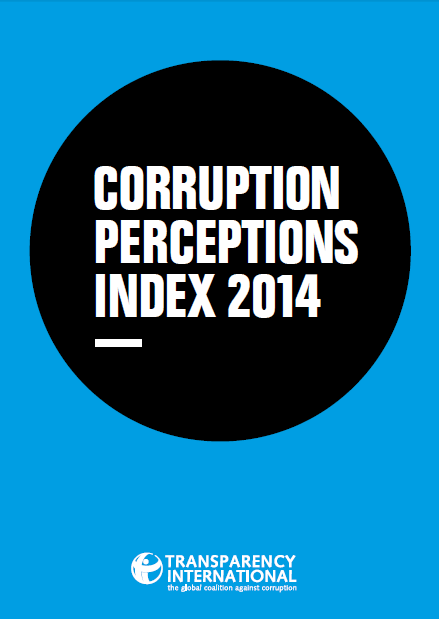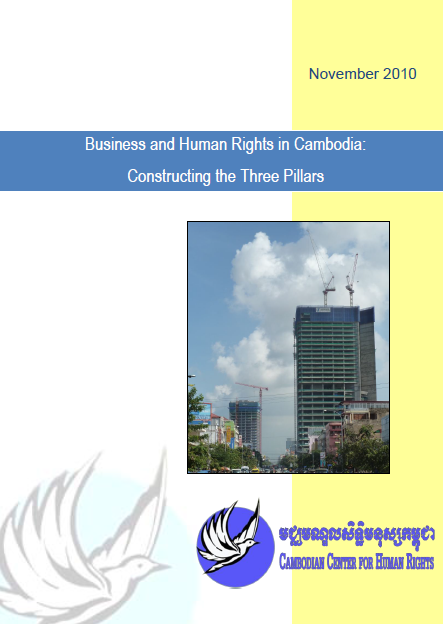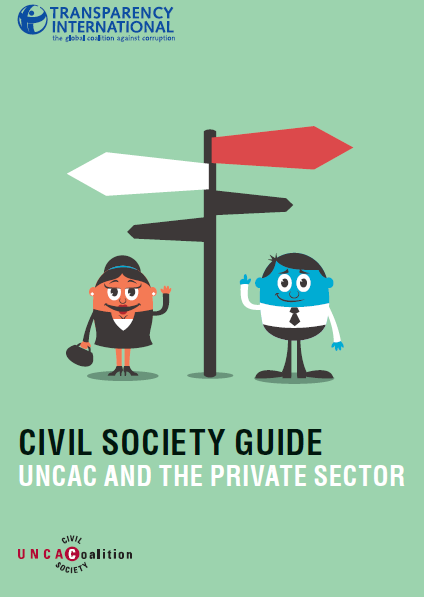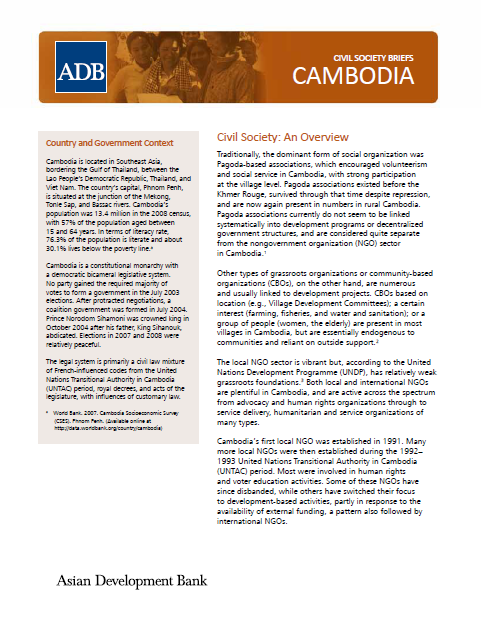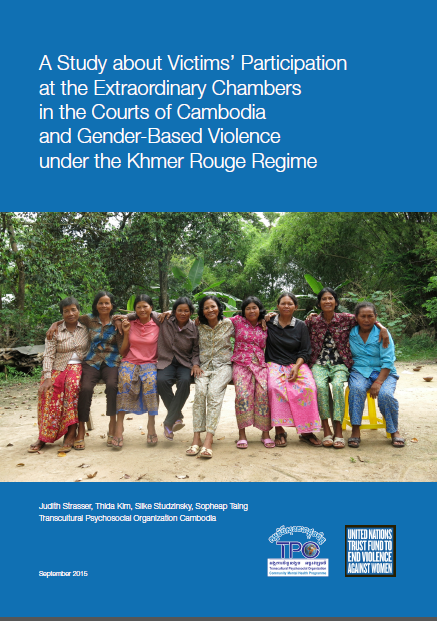Latest Entries
Corruption Perceptions Index 2014
Publication Year: 2014 / Sources: Transparency InternationalBased on expert opinion from around the world, the Corruption Perceptions Index measures the perceived levels of public sector corruption worldwide, and it paints an alarming picture. Not one single country gets a perfect score and more than two-thirds score below 50, on a scale from 0 (highly corrupt) to 100 (very clean).
Download: English | KhmerBusiness and Human Rights in Cambodia: Constructing the Three Pillars
Publication Year: 2010 / Sources: Cambodian Center for Human RightsThis report analyzes business and human rights in Cambodia through Ruggie’s framework and does so by focusing on land rights, labor rights, and the freedoms of expression, assembly and association in particular. These are the most critical rights issues relevant to businesses in the Cambodian context.
Download: English | KhmerCivil Society Guide: UNCAC and The Private Sector
Publication Year: 2013 / Sources: Transparency InternationalTransparency International (TI) has produced this practical guidance booklet to assist civil society organisations (CSOs) in engaging with companies to promote implementation and inclusive monitoring the United Nations Convention against Corruption (UNCAC) in their local context.
Download: English | KhmerCivil Society Briefs: Cambodia
Publication Year: 2011 / Sources: Asian Development Bank (ADB)International and local NGOs play a major role in providing or supporting basic social services, often in remote areas and communities, and are present in every province and major sector in Cambodia. NGOs also bring alternative models and approaches to development—emphasizing participation, equity, gender sensitivity, and environmental sustainability.
Download: English | KhmerA Study about Victims’ Participation at the Extraordinary Chambers in the Courts of Cambodia and Gender-Based Violence under the Khmer Rouge Regime
Publication Year: 2015 / Sources: Transcultural Psychosocial Organization Cambodia (TPO)Under Khmer Rouge rule (1975-1979), one of the most brutal regimes in world history was unleashed. It subjected the Cambodian population to forced transfer and evacuation, forced labor, torture, imprisonment and execution. An estimated 1.5 million – a quarter of the then population – died under the regime from execution, overwork or starvation. Whilst such atrocities are well documented, comparatively little research has been undertaken into the gender-based violence that occurred
Download: English | Khmer
